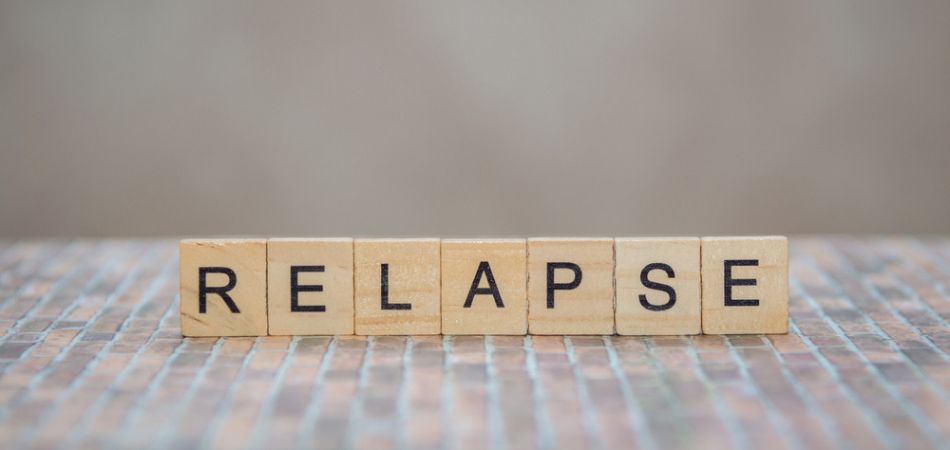
Written by:
Last Updated:
October 14th, 2025
Aftercare
Congratulations! You have completed your rehabilitation programme at Oasis Bradford, a significant milestone on your path to a healthier, addiction-free life. But what comes next?
While you have made great strides in your recovery, it is essential to remember that leaving rehab does not mean your journey has ended. This is where aftercare comes in – a vital component of the recovery process designed to provide you with ongoing support and maintain the progress you’ve achieved.
What is aftercare?
Aftercare refers to the comprehensive, long-term support provided to you after completing a rehab treatment. The primary goals of aftercare include:
- Relapse prevention: By offering ongoing support and resources, aftercare significantly reduces the risk of relapse.
- Continued personal growth: Aftercare allows you to build upon the progress made in rehab and continue developing essential life skills.
- Community support: Connecting with others who have faced similar challenges fosters camaraderie and support, creating a strong network that can provide encouragement and understanding.
- Improved mental health: Aftercare programmes often include therapy and counselling sessions, which can help address any lingering mental health issues that may have contributed to addiction in the first place.
Why is aftercare important?
The period immediately following rehab can be one of the most challenging times for you as you recover from addiction. The transition from a highly structured and supportive environment like Oasis Bradford back to daily life can be overwhelming and you may face new stressors and triggers that can potentially derail your progress.
Aftercare programmes provide crucial support during this vulnerable time, offering you the tools and resources needed to navigate these challenges successfully. By participating in aftercare, you can maintain your momentum and continue to develop the skills and coping strategies necessary for long-term recovery.
Common difficulties transitioning from rehab to home
Reintegrating into society after rehab can be fraught with challenges. Some common difficulties you may face during this transition include:
- Managing triggers: Daily life often presents situations that can trigger cravings or addictive behaviours that you were shielded from during your time at Oasis Bradford. Aftercare helps you identify, anticipate and cope with these triggers effectively using the skills and strategies you learned in rehab.
- Rebuilding relationships: Addiction often damages personal and professional relationships. Aftercare can help to provide guidance on repairing and maintaining healthy connections with loved ones and colleagues during the difficult moments after rehab.
- Developing new routines: Establishing a new daily routine free from substance use is essential for recovery. Aftercare can help you create and maintain routines that promote a healthy, balanced lifestyle which keeps you busy and prevents you from slipping back into old habits.
- Finding purpose: You may struggle to find meaning and direction after rehab. Aftercare can reaffirm your motivation for change, and assist in identifying new goals, hobbies and activities that bring fulfilment and purpose to your life.
Aftercare at Oasis Bradford
Oasis Bradford is committed to providing you with comprehensive support, even after you have completed your rehabilitation programme. As part of this commitment, Oasis Bradford offers you one year of free aftercare, which involves free weekly group therapy sessions led by our experienced therapists.
These group therapy sessions are designed to provide a safe and supportive space for you to discuss your experiences, challenges and achievements, as well as share insights and advice with your peers. By participating in these sessions, you can maintain your connection to the Oasis Bradford community and continue to benefit from the expertise and guidance of our dedicated staff.
Want to find out more?
Your journey to lasting recovery does not end with rehab. Aftercare is a vital component of the recovery process, providing you with the ongoing support and resources needed to maintain your progress and achieve long-term success.
If you’re ready to take the next step in your recovery journey and want to learn more about the aftercare services offered at Oasis Bradford, contact us today. Our compassionate and knowledgeable staff are here to answer any questions you may have and guide you through the process of transitioning from rehab to aftercare.






